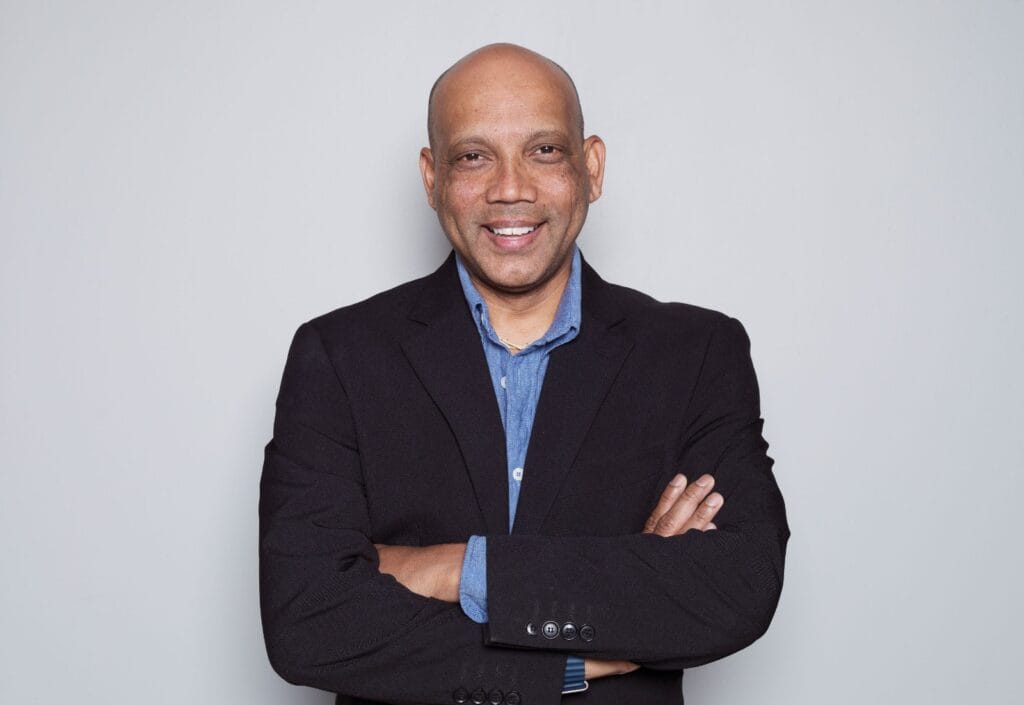Niresh Gopichand Risk director Atlas Finance and Director at MicroFinanceSA

Short-term loans are often seen as a last resort or a sign of financial trouble, but this perception overlooks how responsible, regulated microlending can serve as a vital tool for financial inclusion in South Africa.
The below op-ed, “Bridging the Gap: How Responsible Short-Term Lending Empowers South Africans,” calls for a more balanced conversation around credit.
It explores how ethical short-term lending, when paired with transparency, regulation, and education, helps families cover urgent costs, supports small business growth, and offers a safety net in tough times.
Bridging the gap: How responsible short-term lending empowers South Africans
Why we need to rethink the stigma around microfinance By Niresh Gopichand
In South Africa, where financial pressures weigh heavily on millions, short-term loans often carry an unfair reputation. They’re seen as a last resort, a debt trap, or even a sign of financial recklessness.
But the reality is that when used responsibly, these loans can be a bridge to opportunity helping families cover urgent costs, supporting entrepreneurs in growing their businesses, and providing a safety net in tough times.
Beyond the mashonisa stigma
Many people associate short-term borrowing with mashonisas, unregulated lenders who charge sky-high interest and keep borrowers in cycles of debt. Others fall prey to online scams that promise easy money but end in financial disaster. These experiences fuel negative perceptions of borrowing, even though legal and responsible microlending has evolved significantly.
The difference lies in regulation and ethics. Unlike informal lenders, registered financial institutions follow strict laws that cap interest rates, enforce transparency, and protect borrowers. This is the kind of lending that drives financial inclusion rather than exploitation. In South Africa, microlenders or credit providers, must register with the National Credit Regulator (NCR), as mandated by the National Credit Act.
Decades ago, microlending was a different world. Borrowers were forced to hand over ATM cards, salaries were drained through garnishee orders, and exploitative lending was rife. Today, the industry is tightly regulated. Interest rates are controlled, collection practices are monitored, and lenders must operate with full transparency. These changes have transformed short-term loans into legitimate financial tools rather than instruments of hardship.
Through my experience in the microlending space, we see the impact every day: parents covering school fees, household maintenance that just creeps up. Individuals handling unexpected expenses without resorting to loan sharks. When structured properly, credit empowers rather than burdens. The fear around short-term loans often stems from misunderstanding. Debt, like any financial tool, can be helpful or harmful depending on how it’s used. Financial responsibility requires planning.
The key to responsible borrowing is simple:
Only take what you need and can afford to repay.
Borrow from registered, regulated lenders registered with the NCR.
Fully understand the repayment terms before signing anything.
When managed wisely, short-term loans are not a sign of financial weakness but are a tool for resilience and progress.
South Africa’s economic realities, high unemployment, rising living costs, and a struggling job market make financial inclusion critical. For many, a small, well-structured loan is the only way to access capital to start a business, cover an emergency, or bridge a temporary financial gap.
Studies show that when people have access to regulated financial services, they are better equipped to deal with unexpected challenges, invest in their futures, and break free from cycles of poverty. This is why responsible lenders don’t just offer credit; they also provide financial education to help clients make informed money decisions and avoid over-indebtedness.
Time for a more balanced conversation
It’s time to shift the conversation. Short-term loans should no longer be demonised but rather understood for what they are, a vital financial service for millions who don’t have access to traditional banking. The real issue isn’t the loans themselves, but making sure they come from ethical, regulated lenders who prioritise fairness and transparency.
From our membership base at the MicroFinance South Africa (MFSA), we’ve seen responsible credit noticeably change lives. We’ve watched families regain financial stability and individuals take control of their futures.
The question isn’t whether short-term loans are good or bad, it’s about ensuring they are safe, fair, and accessible to those who need them most. This is financial inclusion. Because when used right, credit isn’t a burden—it’s a stepping and bridge to a better future…follow @AtlasFinanceSA and @MicrofinanceSA and more news @S.A BUZZ https://sabuzz.co.za










